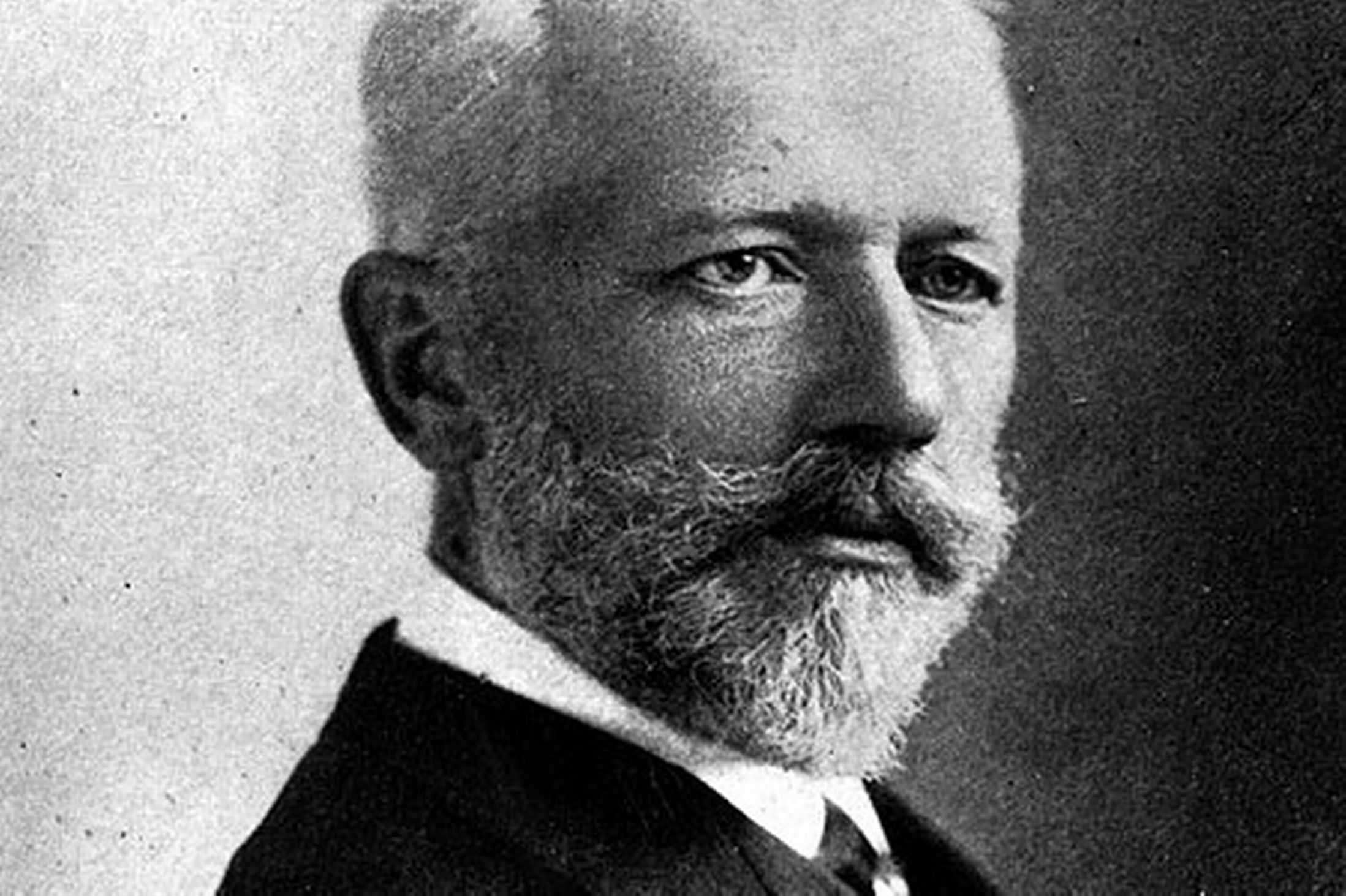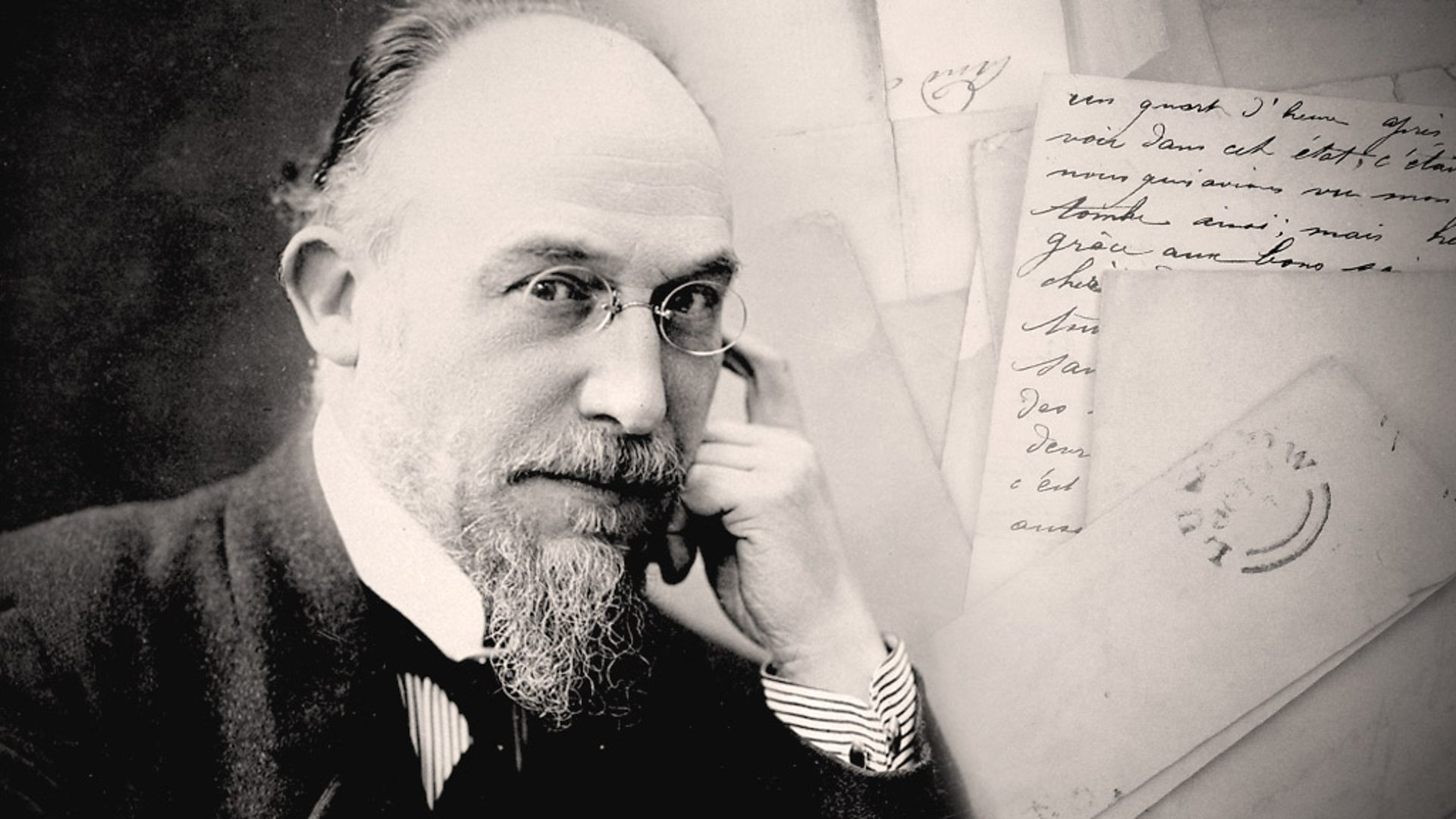Beethoven’s Wordless Recitatives
Ludwig van Beethoven may not be the first composer who comes to mind when considering recitative- the sung dialogue that links arias and other musical numbers in an opera or oratorio. Beethoven wrote only one opera, Fidelio, which uses more spoken dialogue than recitative. He spent almost ten excruciating years revising the work, writing four different overtures, and enduring harsh criticism, until finding success with the final 1814 version. So it’s interesting that operatic …







